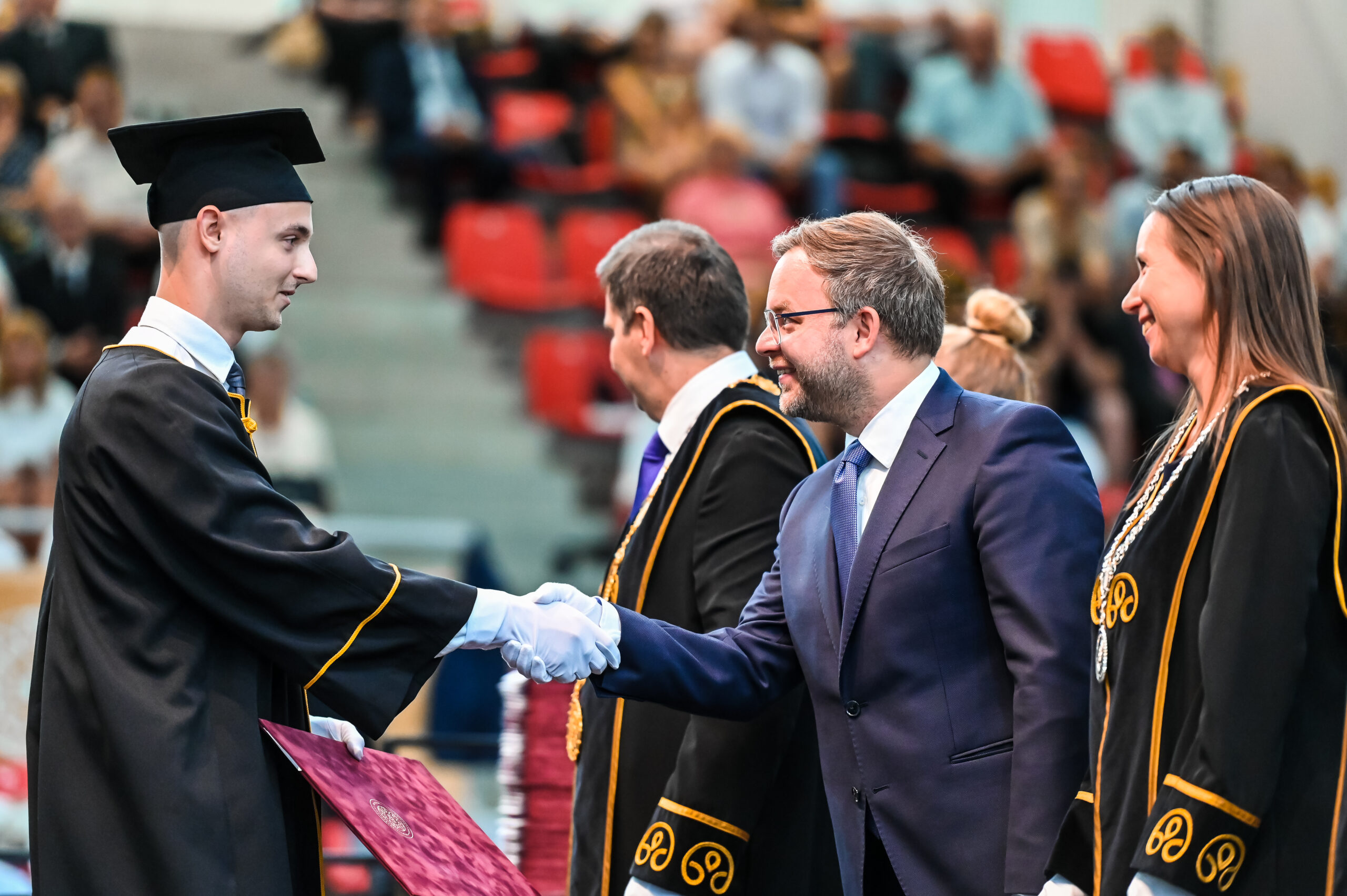The great reformer of Hungarian education, Kunó Klebelsberg, once wrote that: ‘In the realm of science, one cannot operate through bureaucracy and politics.’
But what happens when science has to train officials for the tasks of public administration?

The virtues of public service are endurance, stability, and predictability. The virtues of science are novelty and innovation. The question is, should teaching focus on the stability of the bureaucratic approach or the freedom of academic life? This is almost as great a challenge as that famous geometrical conundrum, squaring the circle. Every institution that deals with the training of public servants has to confront this dilemma.
The University of Public Service was created to resolve this apparent contradiction. Ideally, those who hold public office should be citizens of two worlds. They should understand and adhere to the official structure which focuses on the preservation of stability, but at the same time should never simply look at individual cases as routine administrative tasks, and instead keep their essence and meaning in mind.
But what makes a person capable of achieving the often conflicting goals of consistency and improvement, adherence to the official order, and transcendent insight despite all difficulties? Patriotism is the answer to this question. More specifically, patriotism that manifests itself in service to the community. Such patriotism is not simply an emotion, and certainly not just a word or slogan: such patriotism forms a worldview, and is its own form of practical wisdom: a capacity for insight from which a series of actions follow. Those who love their country weigh the differences and find the similarities. They can apply general precepts and truths in particular circumstances, the only guiding principle of their decisions is what serves the good and interests of the community.
The Hungarian state requires exactly these sort of people, people who love their country and have the interests of the political community at heart: when order has to be maintained and the country defended, but also when dams and bridges must be built, and whether the country is best served on foreign missions or in offices at home in Hungary. This is how the will of the political community can truly be implemented. The more we are able to train such officials, the more the Hungarian state and its citizens gain.
At the University of Public Service, every single employee and every member of the board works to make this counsel of perfection as much of an everyday reality as possible. If all goes well, then it may be possible to square the circle after all!